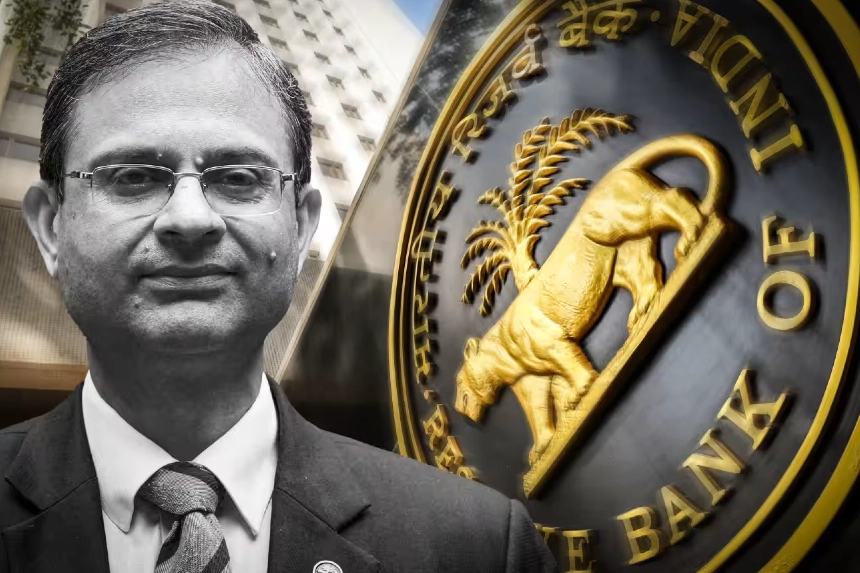Economists have flagged a possible cut in repo rate by RBI’s monetary policy committee (MPC) in its upcoming meeting that will be held from 7 April to 9 April. Along with the rate cut of 25bps to 6 per cent, the committee may also change the monetary policy stance to accommodative from neutral. This might lead to a further reduction in the repo rate. It has been seen as a reaction to the tariff rate hike by the US.
The six-member committee is meeting in the backdrop of recent tariff declarations by President Trump, which are expected to increase inflation worldwide and also cause an economic slowdown. While the effects of Trump’s policy are not yet conclusive in the long run, the wave of panic that it has sent across borders is evident.
While there is no news of an increase in inflation forecast it is said that RBI will keep track of the impact of inflation on the growth rate of the country in the backdrop of the latest round of tariffs.
Gaura Sen Gupta, chief economist of the IDFC first bank was reported saying, “We expect RBI to cut policy rates by 25 bps in April policy,”
The inflation rate in the January-February quarter was recorded at 3.9 per cent, which was below RBI’s predictions, it has further projected that the inflation rate for the fourth quarter of financial year 2025 will be 4.8 per cent. Considering these factors in mind the MPC has earlier in its February meeting brought the repo rate down to 6.25 per cent, which was a historic low in the last five years.
While economists are on the same page about a possible reduction in the repo rate there is a division regarding the policy stance that can be taken in the upcoming meeting. While some say that the RBI will change the policy stance to “accommodative” others believe that it is more likely to maintain the “neutral” stance.
If the rate cut is made by the MPC, banks will have to change their rates as per the same and lenders might also reduce the interest rates linked to loans. The exact impacts will be visible after the meeting and also taking into consideration other factors in the market. For now, it is safe to say that the Federal Bank of the country is planning to adapt to the latest shifts in the world.








